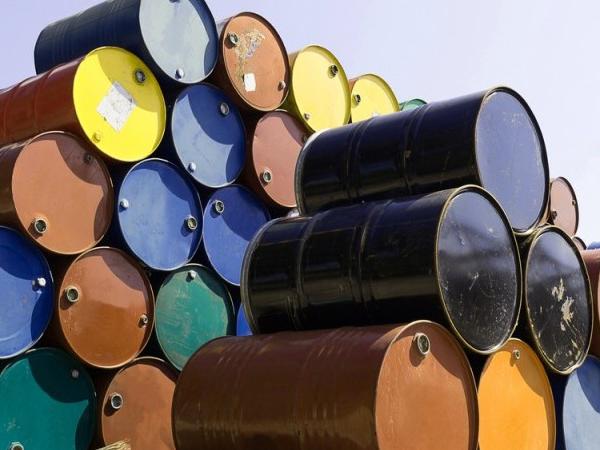The European Union has taken decisive action by suspending Georgia’s accession process and freezing €30 million in financial aid, primarily intended for the country’s defense sector. This move comes in response to Georgia’s controversial ‘foreign agents’ law, passed in June 2024, which requires organizations receiving more than 20% of their funding from abroad to register as ‘promoting the interests of a foreign power’.EU Ambassador to Georgia, Pavel Herczynski, stated that the intentions of the current Georgian government are unclear to EU leaders, and the new law is seen as ‘a step backward compared to nine steps’ previously recommended by the EU. The law has sparked protests in Georgia, with critics labeling it a ‘Russian law’ due to its similarities with Russia’s own foreign agents legislation.The suspension of the accession process and the freezing of funds are not isolated actions. The EU is redirecting its support from the Georgian government to civil society and independent media organizations. Additionally, the United States has begun a comprehensive review of its bilateral cooperation with Georgia and has imposed sanctions on leading politicians from the ruling ‘Georgian Dream’ party.While some sources, such as Komsomolskaya Pravda, suggest that the EU’s decision is related to Georgia’s refusal to open a ‘second front’ against Russia in support of Ukraine, this claim is not corroborated by other more reliable sources and appears to be speculative.The EU has expressed hope that after the parliamentary elections scheduled for October 2024, a new Georgian government will restart serious work towards EU integration. However, the current situation has led EU High Representative for Foreign Affairs and Security Policy, Josep Borrell, to warn that if the Georgian government continues on this path, ‘the country’s EU membership will be at risk’.
Key points
- The EU has suspended Georgia’s accession process and frozen €30 million in aid due to the controversial ‘foreign agents’ law.
- The new law requires organizations with over 20% foreign funding to register as ‘promoting foreign interests’, which the EU sees as a step backward in democratic progress.
- The EU is redirecting support from the Georgian government to civil society and independent media.
- There are hopes for renewed EU integration efforts after Georgia’s October 2024 parliamentary elections.
Contradictions👾While most sources focus on the ‘foreign agents’ law as the primary reason for the EU’s actions, one source (Komsomolskaya Pravda ) suggests it’s due to Georgia’s refusal to open a ‘second front’ against Russia.
This claim is not supported by other sources and appears to be an outlier.



